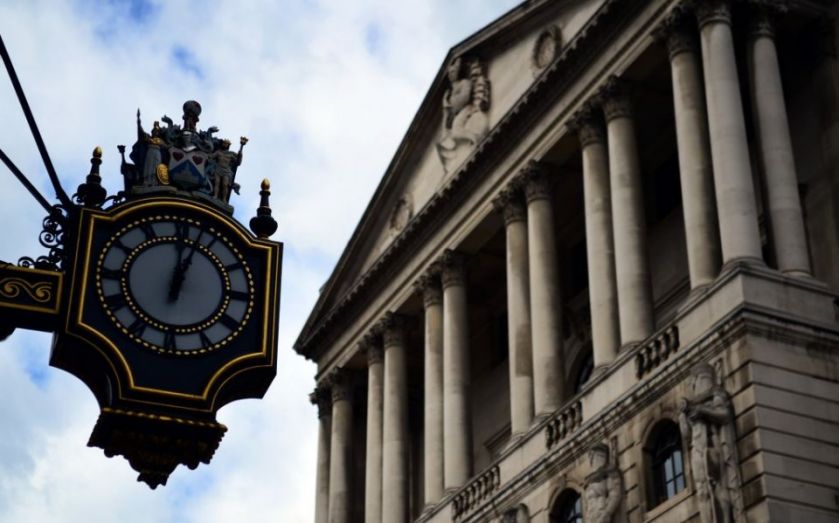Banks trusted more with personal data than government, charities and supermarkets

The UK public trusts banks more than the government, charities, schools and supermarkets when it comes to holding our personal data, new research has revealed.
The Market Research Society (MRS), the self-proclaimed “world’s leading research association”, has produced a 59-page report on consumer privacy revealing banks to be one of the most trusted institutions despite the continuing negative headlines about their conduct.
Institutions ask us to give up personal data for a variety of apparent benefits that include can range from governments wanting to increase security or websites offering tailored content, and are scooping up more and more of it thanks to increased data collection powers.
Only one in 10 of us feel in complete control of our personal data, and Britain’s elders are more likely to feel it's been taken out of their hands than younger age groups. Exactly half told a YouGov poll they felt they had not much or no control of what information is kept private.
Following the extent of governmental surveillance revealed by the Edward Snowden leaks and the growing issues of network encryption as communications platforms increase, 70 per cent of the people surveyed by the MRS said the privacy of personal information is more important now than it was five to 10 years ago.
Yet despite heightened concerns over privacy, banks are more trusted to hold our data responsibly. Charities, the UK government and supermarkets recorded a respective positive trust score of 4, -28 and -31 compared to banks’ 17.
The report noted:
…while banks have suffered dramatically in the trust stakes over recent years, we do still have an underlying level of trust that they will look after the (very) personal information which they hold about us; whereas the government has a big brother reputation which makes it hard for us to trust.